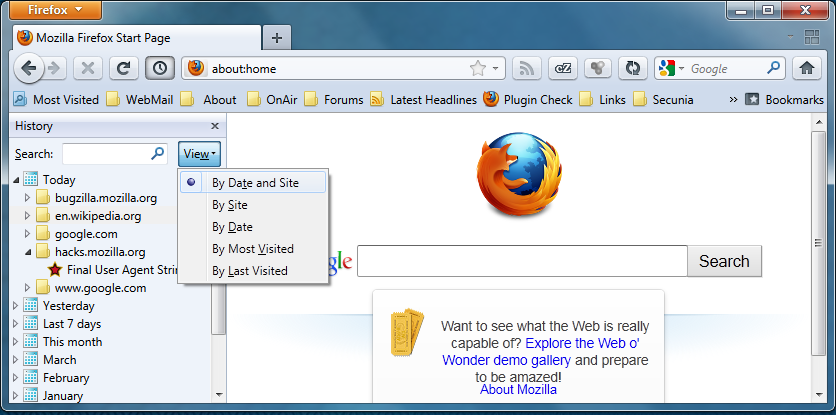

But those with slightly more experience are more attuned to the dangers of internet fraud -those who realize they did not actually win a new car for being the one millionth visitor to a website, or that the person seeking their help transferring a fortune in return for a cut is not really a Nigerian prince-will more instinctively be skeptical of them. The classic fake error website-the simple pop-up window-is mostly effective in ensnaring the less computer-literate. But their persistence may convince less sophisticated users that the alerts they present are real-and lead to an actual compromise security, aided and abetted by them. They only have a temporary, superficial effect on the browser when exploited, and can be easily remedied by an advanced user. Raising the (false) alarm A fake virus alert web page with pop-up, typical of web-based tech support scams.īrowser Lock bugs are in themselves not severe security vulnerabilities. In this report, we’ll analyze three types of Browser Lock bugs that have specifically affected the Firefox browser, what Firefox programmatic internals made them possible, and how they were fixed. The bug, CVE-2020-15654, was reported by SophosLabs to Mozilla and fixed in Firefox version 79. However, we’ve recently found a Browser Lock bug that overcomes those efforts.

This type of bug is often referred to as a Browser Lock ( browlock) bug.īrowser developers, including Mozilla, have made fixes in the past to prevent such abuses. A class of these fake error websites makes it more difficult to get away, using HTML and JavaScript that take advantage of design bugs in the browser’s code.
#Firefox history software
Preying primarily on less sophisticated computer, tablet and smartphone users, tech support scammers use fear and misinformation to convince their targets that they have become the victim of some sort of malware and coerce them into purchasing unneeded (and sometimes damaging) software and services to “protect” themselves.Ī common method of catching less educated device users is the use of fraudulent web “advertising”- in the form of pop-up windows or redirected web pages that attempt to emulate system alerts. Technical support scams are among the most pervasive forms of Internet-powered fraud.


 0 kommentar(er)
0 kommentar(er)
